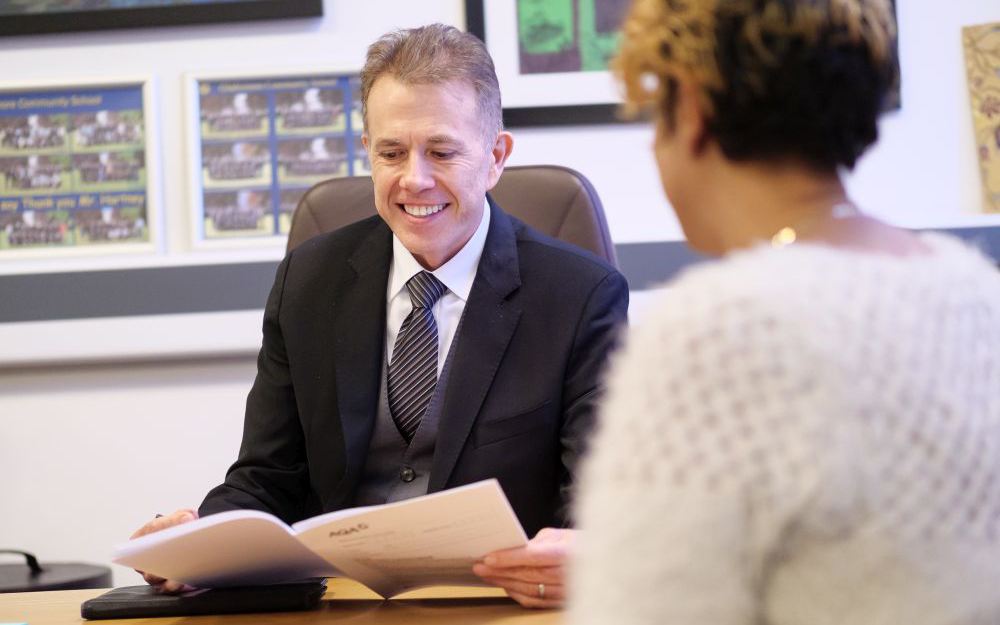An alternative way forward for Ofsted inspection
By IOE Blog Editor, on 1 August 2025

Credit: Lucy Pope for UCL IOE.
1 August 2025
Concerns, and anger, regarding the conduct and impact of Ofsted inspection are longstanding. To pick out just a few examples, analysis by Carol Taylor Fitz-Gibbon (1996), Jo Hutchinson (2016) and Christine Farquharson et al (2022) has variously critiqued inspection methodologies, the failure to take account of a school’s context, and the risk that inspection tips a school into a downward spiral, with all the consequences that entails for its staff and the community it serves. Earlier this month, Chief HMI, Sir Martyn Oliver, stated Ofsted is to put “disadvantaged and vulnerable children…at the heart of what we do as an inspectorate”. If that is to be the case, then it is even more vital Ofsted engages with such evidence. Especially so as we await an updated National Curriculum, the delivery of which is a focus of inspection. (more…)
 Close
Close











